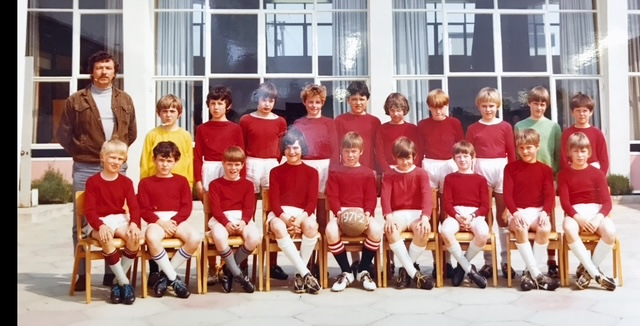As growing numbers of re-marriages are increasing the number of blended families, these are leading to a rise in inheritance disputes.
In a recent case to reach the High Court, three siblings found themselves cut out of their inheritance when their stepmother changed her will in favour of their stepbrother, after their father died.
The McLean couple had made ‘mirror wills’ in 2017, where each Will reflects the other, so no matter who dies first the outcome should be the same. Those wills shared the couple’s estate equally between four children, three from Mr McLean’s first marriage and the younger son born during their marriage. When the older siblings found themselves cut out of the later will, they went to court, claiming that their father had trusted his second wife “implicitly” over the terms of the inheritance.
The court has to decide whether the doctrine of mutual wills applied to their step-mother’s original 2017 will, which would mean there was an agreement between the couple to make wills with substantially the same terms and conferring reciprocal benefits, and to not revoke them without the consent of the other.
Explained Wills, Tax & Probate law expert Jo Tinson: “For the doctrine of mutual wills to apply there needs to be a contract between the two testators that both wills will be irrevocable and remain unaltered, and this agreement should be incorporated into the will, or through some other form of evidence.
“Without an explicit agreement not to revoke the will, any surviving partner may make a new will, with very different outcomes, and that’s why it’s important to be clear from the outset.”
While the McLeans must wait to hear the outcome of their case, another inheritance challenge in similar circumstances has been upheld. After divorce, the Colicci’s signed a deed where they covenanted that any shares they still held in their jointly-owned company would pass to their two children when they died, and both promised to make wills to support that. But the husband remarried and later made a new will leaving his shares to his second wife, not telling his ex-wife or children what he had done. When he died unexpectedly shortly after, his later will was challenged successfully, as the court ruled that the original deed was a binding obligation which prevented either of the parents from making other arrangements to dispose of their shares on death.
According to latest figures from the Office for National Statistics, almost 30% of marriage are now second or subsequent marriages, leading to a growing complexity in family structure.
Jo added: “Proper planning can help leave everyone satisfied, and decisions will depend on individual circumstances. This could be through mutual wills containing a clear declaration that neither side can revoke or change the agreed terms without the consent of the other.
“Another option is to create a trust within a will. This can be a simple and effective way to make sure that the surviving partner has all they need while alive, but also make sure that children from an earlier relationship don’t miss out. It does require specialist help to get things right, but it means you can be sure things will play out as you intend.”
A trust can allow for each partner to leave their estate in trust for the survivor, and then to their children following the survivor’s death. This allows for use of the assets – such as a house – to support the survivor for the rest of their life, but with the assets held in trust - whether for children from an earlier marriage or a charity or anyone else - when the survivor dies.
If you would like to discuss any points in this article or are looking at writing or amending a Will, contact us today on 01603 677077 or email info@spiresolicitors.co.uk.















